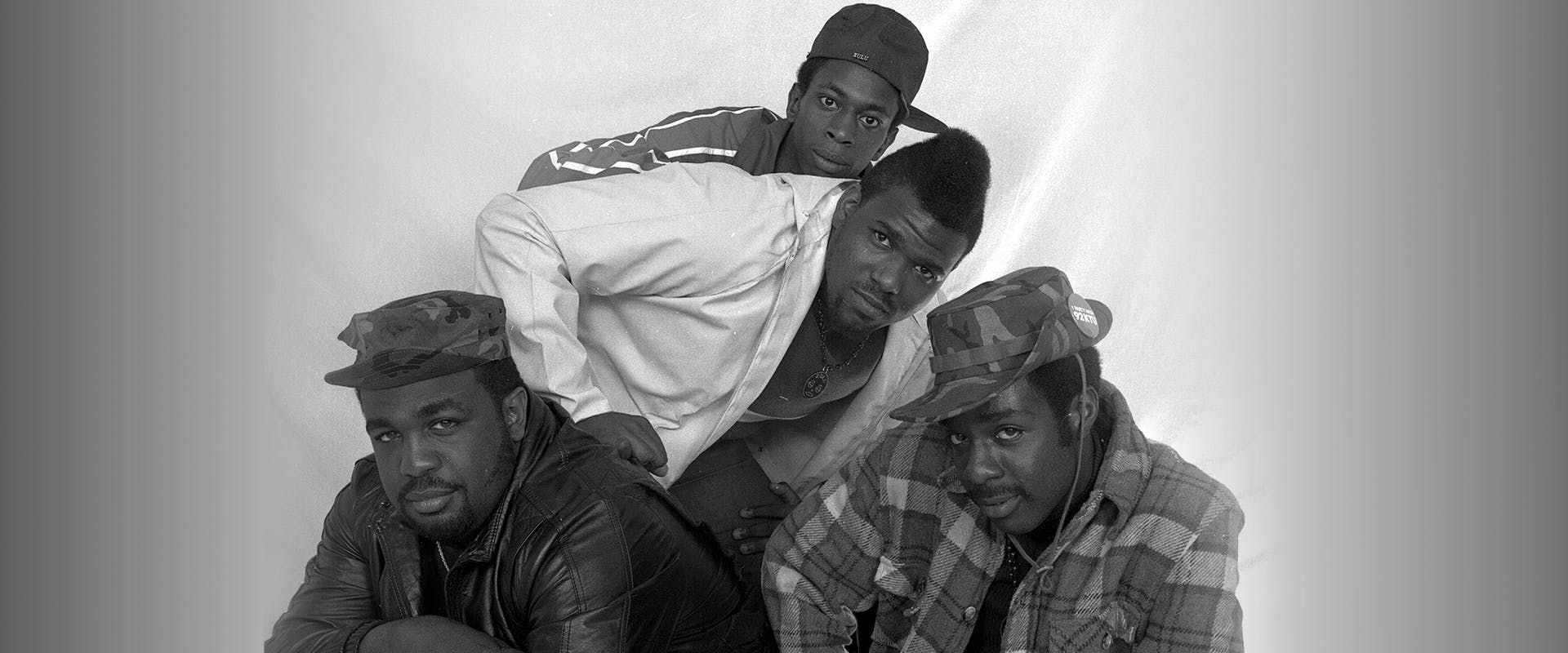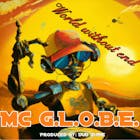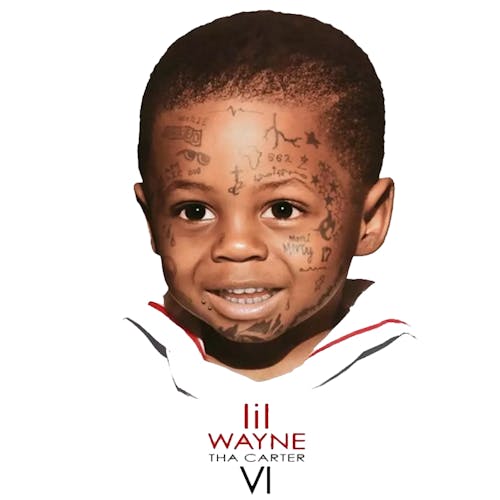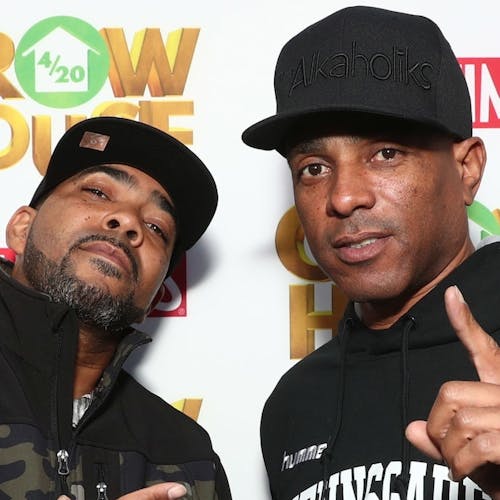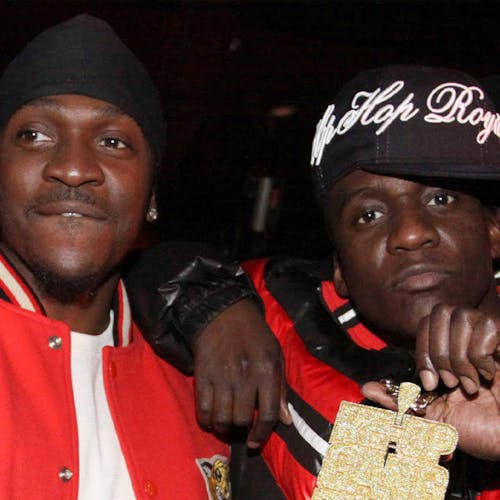MC G.L.O.B.E., the main writer on "Planet Rock," told Rock The Bells that there were a few different ideas for the song before the Kraftwerk-heavy final version.
"At one point, we were gonna use 'Another One Bites The Dust,' 'The Champ' and a James Brown Record," he said. "Everyone remembers it how they remember, and maybe Bam and Arthur Baker discussed using 'Numbers' at some point later. The brothers from Rockers Revenge did suggest 'Trans Europe Express' as a good choice to go with 'Numbers.' But remember, the MC is the one who must rhyme to the beats! G.L.O.B.E., Pow Wow, and Biggs are the MCs, and we decided which records that we wanted to rhyme over. There was a brother named Pooh who used to hang out and attend our parties."
G.L.O.B.E. says further that he was walking home from a party with Pow Wow and Pooh and he was saying that he wanted to rhyme to a beat that no one had rhymed to. Because Pooh knew that G.L.O.B.E. did speed rhyming, he suggested the “fast beat” that Bam plays.
“I said, 'you mean 'Numbers' — that’s an excellent idea. I called Bam the next day and said that we wanted to rhyme over 'Numbers.' In fact, I wrote 'Planet Rock' to 'Numbers' before they even had a track."
